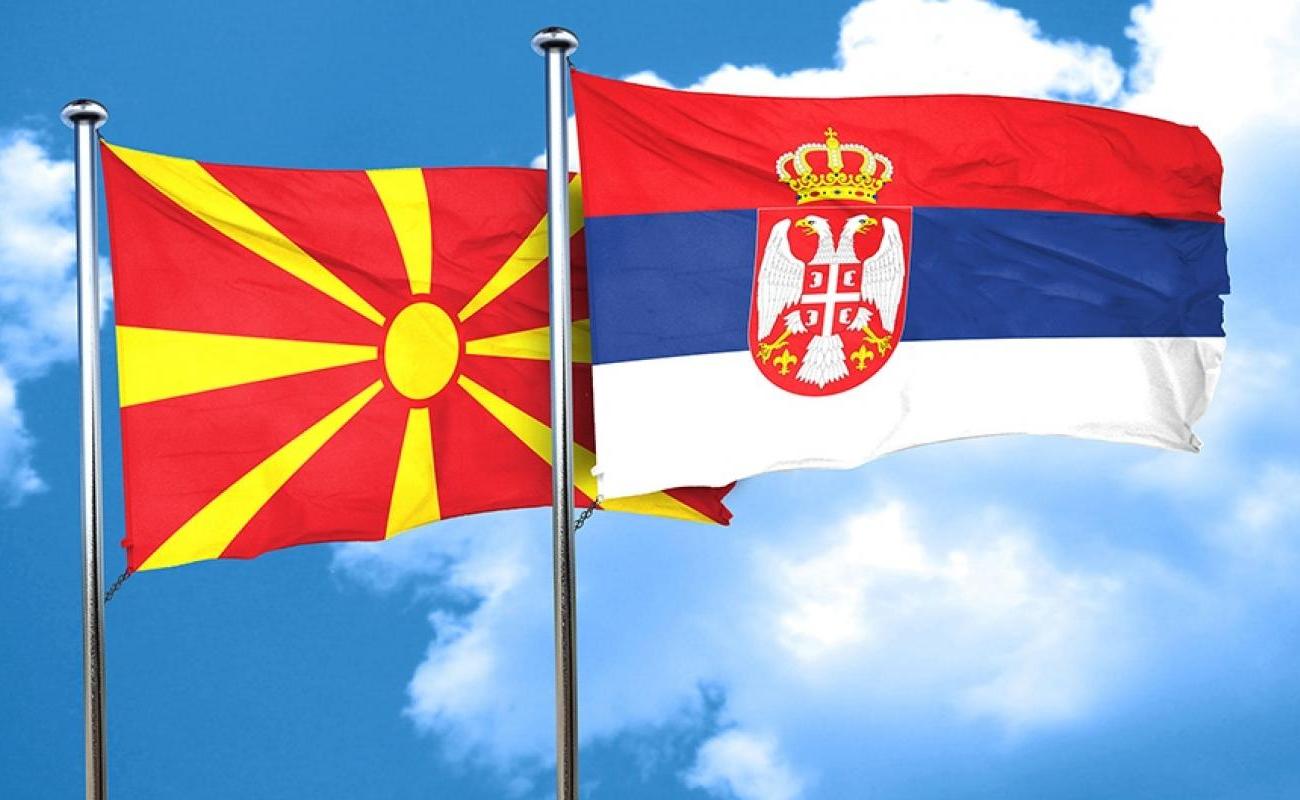Enhancing Economic Growth: The Benefits of LGBTI Inclusion in North Macedonia and Serbia

Policies aimed at strengthening the social inclusion of lesbian, gay, bisexual, transgender, and intersex (LGBTI) people could help build more just and equitable societies and benefit the economies of North Macedonia and Serbia, say new World Bank reports.
According to the new research, the annual gross domestic product (GDP) of North Macedonia and Serbia would increase by an average of 0.6 percent if barriers to entry in the labor market for LGBTI people – who face discrimination due to their sexual orientation, gender identity and expression, and sex characteristics – could be lowered. Eliminating exclusion in North Macedonia and Serbia would add an additional USD 64 million and USD 293 million to their respective economies.
“For countries to achieve their full development potential, inclusion is essential. Access to basic services and markets and the opportunity to live a life with dignity, is a foundational building block of successful and sustainable development,” says Xiaoqing Yu, World Bank Country Director for the Western Balkans. “This research shows that LGBTI inclusion is not only the right thing to do but also sound economics”.
The new World Bank reports highlight that both North Macedonia and Serbia have introduced important reforms that protect the rights of LGBTI. However, LGBTI people continue to face discrimination and exclusion, with LBGTI people in Serbia still more likely to be economically less well-off than the general population and one in seven LGBTI people in North Macedonia continuing to experience workplace discrimination in hiring, firing, and professional advancement.
“The reports suggest that reducing stigma and discriminatory experiences of LGBTI people can have a significant positive impact on the economy,” says Clifton Cortez, the World Bank Sexual Orientation and Gender Identity Global Advisor. “This would require the enforcement of existing legal protections against discrimination, and a further strengthening of legal protections for LGBTI people in areas such as education, employment, and health”.
The reports note that strengthening the inclusion of LGTBI people requires action to implement key reforms agreed upon as part of the European Union accession process. More effort and further research are needed to reduce the data gap on the lived experience of LGBTI people in different domains. In addition, more effective implementation of existing laws could better protect the rights of LGBTI people in the labor market so that the best possible talent is attracted and retained in an inclusive way.
